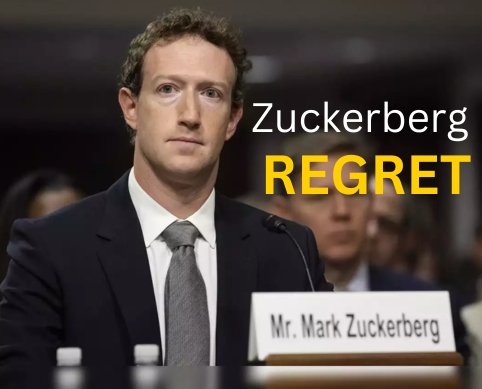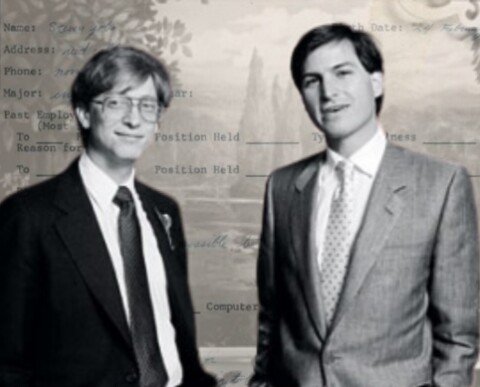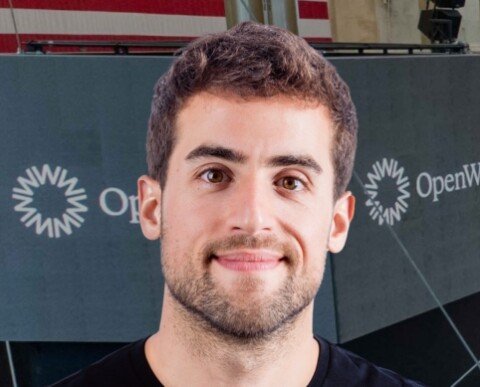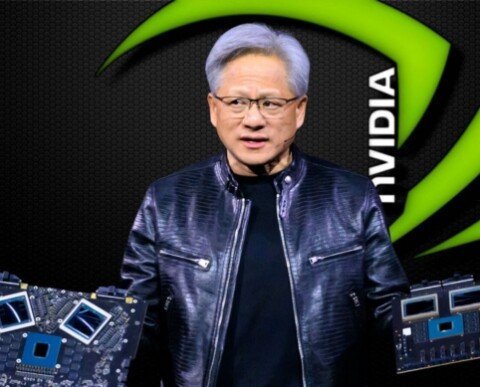In a revealing hour-long interview on the Acquired podcast, Meta CEO Mark Zuckerberg discussed one of the biggest regrets of his career and made it clear that his days of apologizing are over. This seems to be part of a new phase for Zuckerberg, as he’s been sharing more about his personal life lately. We’ve learned that he’s raising Wagyu and Angus cattle at his Ko’olau Ranch in Kauai, enjoys surfing, and recently competed in his first jiu-jitsu tournament, where he won several medals. This “Zuckerberg 2.0” also features a fresh look, complete with curly hair, oversized t-shirts, and a striking gold chain. One thing is certain—he’s done with apologizing.
Zuckerberg revealed that his biggest career mistake was a “political miscalculation,” describing it as a “20-year mistake.” This likely references the aftermath of the 2016 U.S. election, when Facebook was blamed for spreading misinformation. The Cambridge Analytica scandal, where Facebook user data was misused, along with foreign interference on the platform, caused widespread criticism of the company. However, Zuckerberg now feels that he took on too much responsibility for issues that weren’t entirely Facebook’s fault. Reflecting on the situation, he explained that the company should have been more selective in what it took ownership of.
“One of my regrets is that we took on criticisms from others about issues they said we were responsible for, even though I don’t believe we were entirely at fault,” Zuckerberg said during the interview. “We certainly made mistakes that needed fixing, but there’s a tendency for companies to instinctively accept responsibility when issues are raised. Even if the problems weren’t fully ours, we’d respond by saying, ‘We’ll take full responsibility and work to resolve this.’”
Mark Zuckerberg admitted that while some criticisms of Facebook were legitimate, others were politically motivated. He noted that the tech industry and social media often get blamed for larger societal issues beyond their control. Facebook’s natural reaction, he explained, was to accept responsibility and promise to fix these concerns. However, this strategy only invited more criticism toward the company.
“When it’s a political issue… Sometimes people with good intentions identify real problems and seek solutions, but others are simply looking for someone to blame,” said Zuckerberg. “If your approach is ‘I’ll take responsibility for everything,’ people start blaming social media and the tech industry for every societal problem. By saying, ‘We’ll fix it,’ some took that as a chance to push even more blame on us.”
Looking back, Zuckerberg regretted not setting clearer limits on what Facebook should take responsibility for. He believes the company should have pushed back harder on unfounded claims, and it could take years to fully rebuild its damaged reputation. However, he feels that he’s now struck a better balance in dealing with political issues.
During this challenging period, Facebook invested heavily in content moderation and policy reforms, including the launch of the Oversight Board—an ambitious yet imperfect solution. Despite these efforts, the company continues to face skepticism from both users and governments. Yet, despite privacy concerns, Facebook’s platforms remain widely used by billions across the globe.






